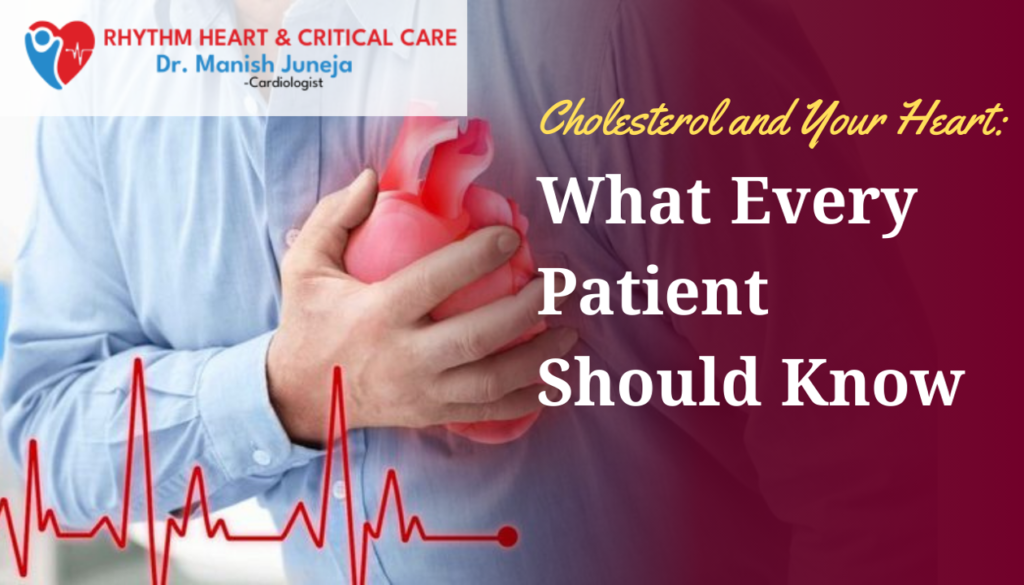
Cholesterol is important for the body, but when it’s too high, it can quietly harm the heart.
Cholesterol and Your Heart: What Every Patient Should Know is a key subject because many people don’t realize how dangerous high cholesterol can be.
High levels can cause clogged arteries, heart attacks, and strokes. Learning about the different types of cholesterol, what they do, and how to manage them through lifestyle changes is the first step in keeping the heart healthy.
Why Cholesterol Matters for Heart Health:
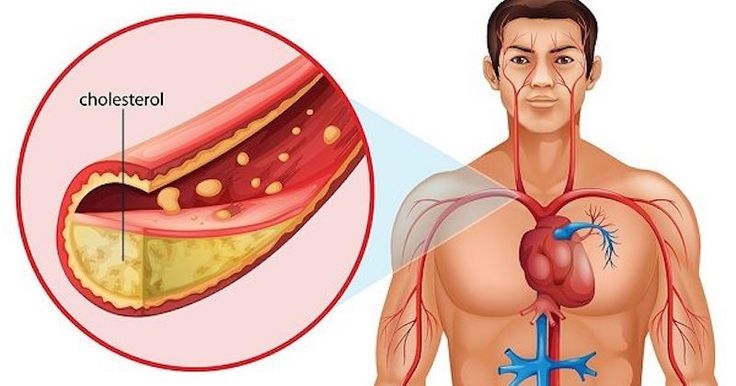
When we talk about Cholesterol and Your Heart: What Every Patient Should Know, we must understand the difference between good and bad cholesterol.
LDL is the bad kind that can stick to your artery walls, while HDL is the good kind that helps take the bad cholesterol away. Having too much LDL can lead to heart issues, but having more HDL can help protect your heart.
Checking your cholesterol levels and making smart choices about what you eat, how much you exercise, and whether you need medicine can help reduce your chance of heart problems.
Cholesterol and Your Heart: 7 Key Things Every Patient Should Know
1. The Two Types of Cholesterol
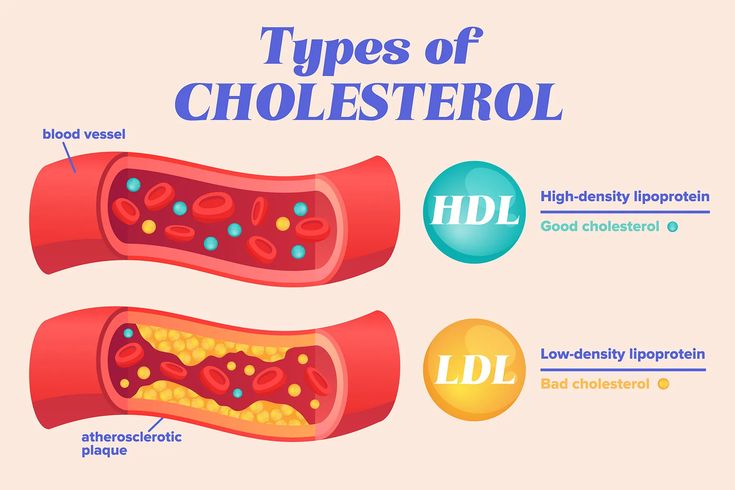
Cholesterol has two main types: LDL, which is bad, and HDL, which is good.
LDL can build up in your arteries, leading to a higher chance of heart attack or stroke. HDL helps take extra cholesterol out of your blood.
The main aim is to have lower LDL and higher HDL for a better heart health.
2. Diet Plays a Huge Role
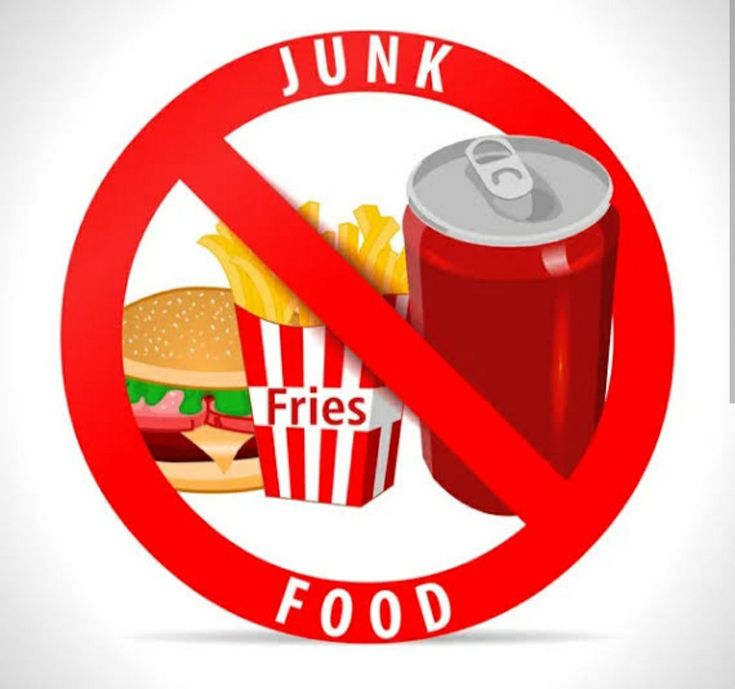
What you eat can greatly affect your cholesterol levels. Eating too much of unhealthy fats, like those found in fried foods and some animal products, can increase bad cholesterol (LDL), which can damage your arteries.
To keep your heart healthy, choose foods that are high in fiber, whole grains, and good fats such as olive oil or avocados.
These foods help reduce bad cholesterol and support better overall heart health. Making wise food choices can really help protect your heart.
3. Exercise Improves Good Cholesterol

Physical activity is a natural way to boost HDL cholesterol, which is the good type. Exercise also helps improve blood flow and keeps your arteries flexible, which lowers the risk of heart disease.
Even just 30 minutes of brisk walking each day can lead to a real change. Whether you choose jogging, cycling, or swimming, being active is one of the simplest ways to take care of your heart.
4. Smoking Lowers Good Cholesterol

Smoking is bad for your heart in several ways. It harms your arteries and lowers the good cholesterol, which helps protect your heart.
This lets the bad cholesterol build up more quickly, leading to harmful blockages. The good news is that stopping smoking can reverse these effects.
Just a few weeks after quitting, your cholesterol levels and heart health can improve a lot. It’s never too late to quit.
5. Genetics Influence Cholesterol Levels
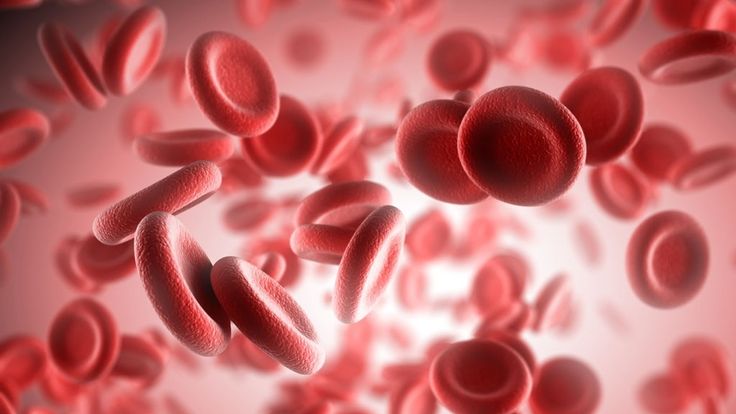
Sometimes, high cholesterol can be inherited from your family. Even if you eat well and stay active, your genes might still cause high cholesterol.
In these situations, taking medicine like statins is often needed to keep cholesterol under control.
Learning about your family’s medical history and talking to your doctor can help make a plan that’s right for you. This plan can help manage your cholesterol and keep your heart healthy over time.
6. High Cholesterol Has No Symptoms
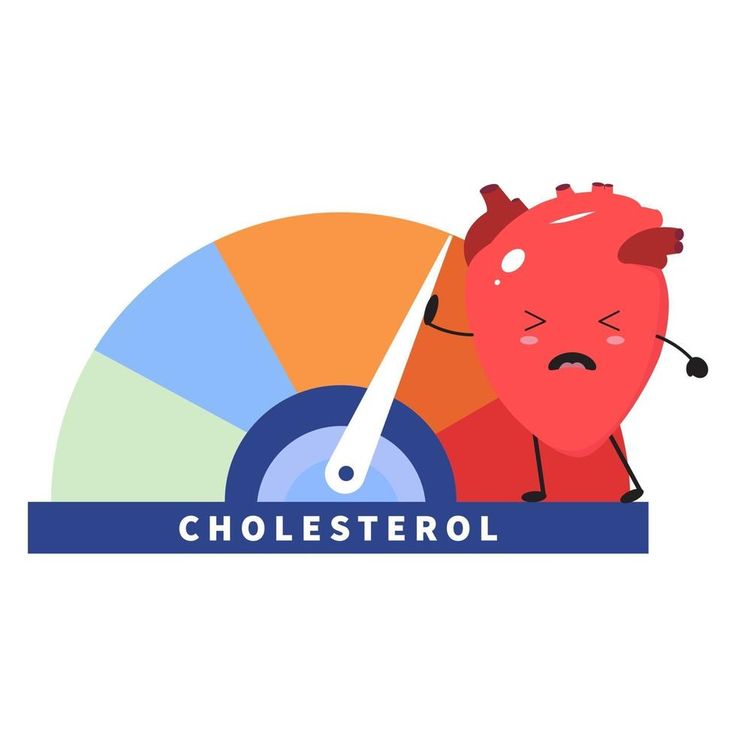
The main risk of high cholesterol is that it doesn’t show any signs or symptoms.
You might not even know you have it until it leads to serious problems like a heart attack or stroke. That’s why it’s important to get regular blood tests and check-ups.
Finding out your cholesterol levels early helps you take action to prevent big health issues and protect your heart.
7. Lifestyle Changes Are More Powerful Than You Think

Simple daily habits can greatly improve cholesterol levels and heart health.
Eating more fruits, veggies, and foods high in fiber, and avoiding fried and processed foods can make a big difference.
Pair this with regular physical activity, managing stress, and stopping smoking, and you’ll start seeing positive changes. Taking small actions every day can help build a healthier, stronger heart for the long term.
Take Charge of Your Heart Health Today
Taking the first step toward understanding your heart health can make all the difference.
Don’t wait for symptoms, get your cholesterol checked regularly and make changes to live a heart-healthy lifestyle.
As a top cardiologist in Nagpur, I’m here to help you with tailored treatment and ways to prevent heart problems.
Book your appointment today at drmanishjuneja.com and take the first step toward a healthier heart!
FAQs
1. What are the symptoms of high cholesterol in the heart?
High cholesterol usually has no visible symptoms until it leads to complications like chest pain, heart attack, or stroke. This is why regular check-ups are essential. Cholesterol silently builds up in your arteries, narrowing blood flow and straining your heart over time.
2. How does cholesterol affect the heart?
Cholesterol affects the heart by causing plaque buildup in the arteries. This narrows the blood vessels, making it harder for oxygen-rich blood to reach the heart. Over time, this can lead to coronary artery disease, heart attacks, or other cardiovascular problems.
3. What reduces cholesterol quickly?
You can lower cholesterol quickly by eating high-fiber foods, avoiding trans fats, exercising regularly, and taking prescribed medications like statins if necessary. Lifestyle changes combined with medical guidance work best for fast and safe results.
4. What is the number one fruit that kills bad cholesterol?
Apples are considered one of the best fruits for lowering bad cholesterol (LDL) because they are rich in soluble fiber, especially pectin. Other good options include pears, berries, and citrus fruits, which help remove LDL from the bloodstream.
5. How do you know if your cholesterol is too high?
The only accurate way to know is through a blood test called a lipid profile. High cholesterol often has no symptoms, so regular screening is essential, especially if you have risk factors like obesity, poor diet, or a family history of heart disease.
6. Can cholesterol cause headaches or dizziness?
While cholesterol itself doesn’t directly cause headaches, the narrowing of arteries and reduced blood flow due to high cholesterol can lead to dizziness or even headaches in some cases. It’s a sign that circulation is compromised and needs attention.
7. Who is most at risk for high cholesterol?
People who are overweight, physically inactive, smoke, or eat a diet high in saturated and trans fats are most at risk. Genetics also play a major role, meaning even healthy-looking individuals can have high cholesterol levels.
8. Can a healthy person have high cholesterol?
Yes, even people who appear fit can have high cholesterol, often due to genetic factors. This is why Cholesterol and Your Heart: What Every Patient Should Know emphasizes regular screening regardless of lifestyle or appearance.
9. Can lack of sleep cause high cholesterol?
Yes, poor sleep patterns can affect metabolism and increase LDL cholesterol levels. Inadequate sleep also contributes to weight gain and stress, both of which raise the risk of high cholesterol and heart problems.
10. What is the best way to maintain healthy cholesterol levels?
A combination of a balanced diet, regular exercise, quitting smoking, and routine check-ups is the best approach. As highlighted in Cholesterol and Your Heart: What Every Patient Should Know, lifestyle changes are the most powerful tool for keeping your heart healthy.
Reference:
https://www.nhlbi.nih.gov/resources/cholesterol-your-heart-what-you-need-know-fact-sheet

